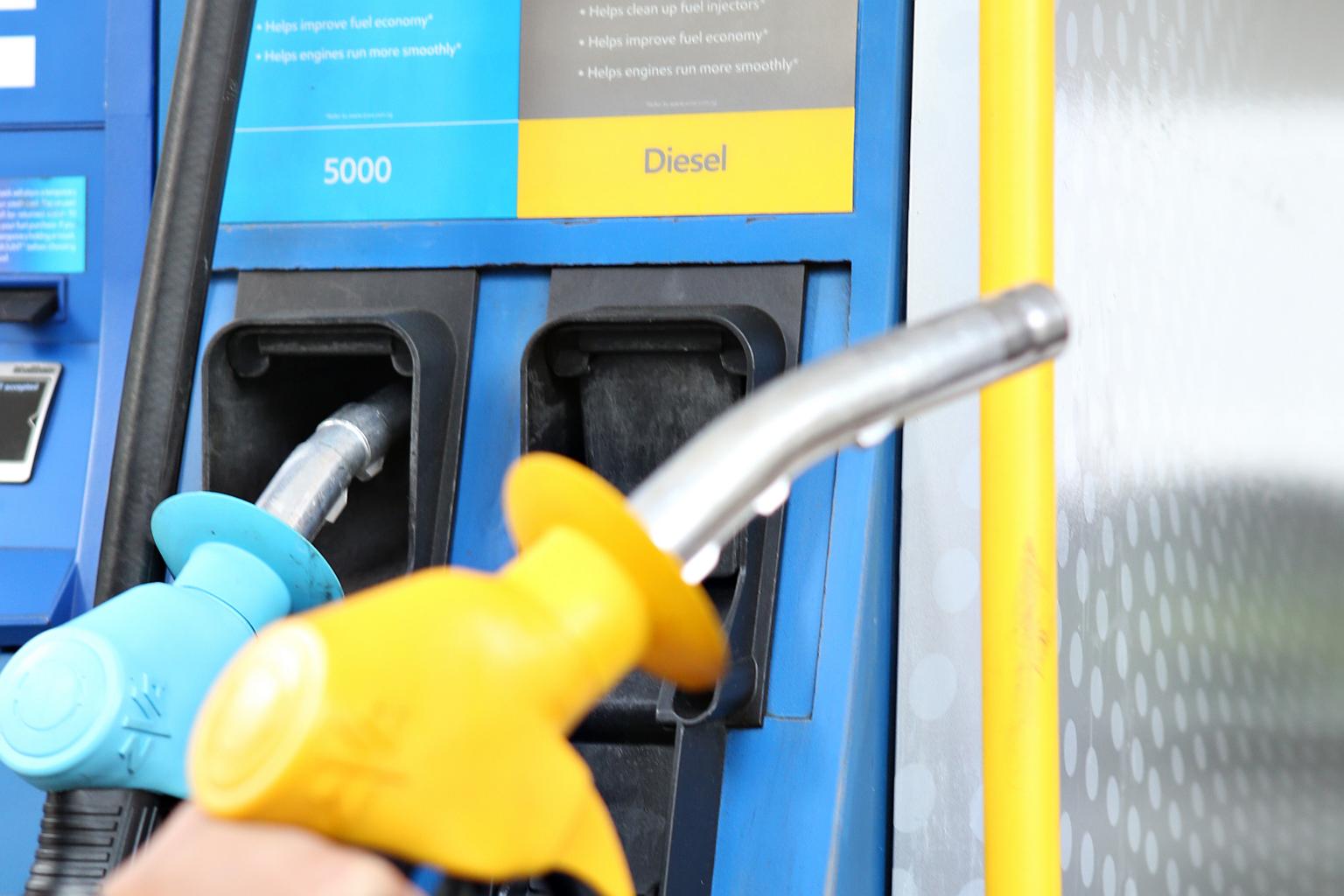Torque shop: Diesel cars
Sign up now: Get ST's newsletters delivered to your inbox

Turbodiesels these days are fast and smooth, and also emit far less pollutants and do not clatter as much as before.
PHOTO: LIANHE ZAOBAO
Follow topic:
I bought my first diesel car recently. I enjoy driving it, but would like to know if there are any special routines to observe. For instance, do I need to warm up the engine before setting off, and why is it alright to idle the engine for extended periods?
I have observed drivers of diesel vehicles idling their engines for long stretches while waiting. Modern diesel cars are no longer noisy, rough, slow and smoky, like Singapore's taxis of the past.
Turbodiesels these days are not just fast and smooth, they also emit far less pollutants and do not clatter as much as before - provided they are well-maintained and fed with proper Euro 6 fuel.
To keep your car in good shape, just follow the maintenance routine specified in the owners' handbook.
The service interval for diesel models is often not the same as for petrol cars. Also, diesel engines use engine oils which may have different viscosity or have different additives. Your authorised agent should be aware of this.
Unlike petrol engines, which operate on a very narrow band of air-fuel ratios, the diesel engine operates on a variable mixture. Hence, when idling, the latter runs lean and burns very little fuel. This is probably why taxi and delivery-truck drivers do not bother switching off the ignition while waiting.
With such a lean mixture, the quantity of carbon residuals in the engine is also insignificant.
Bear in mind, though, that idling any engine for reasons other than traffic conditions is an offence in Singapore and many other countries.

